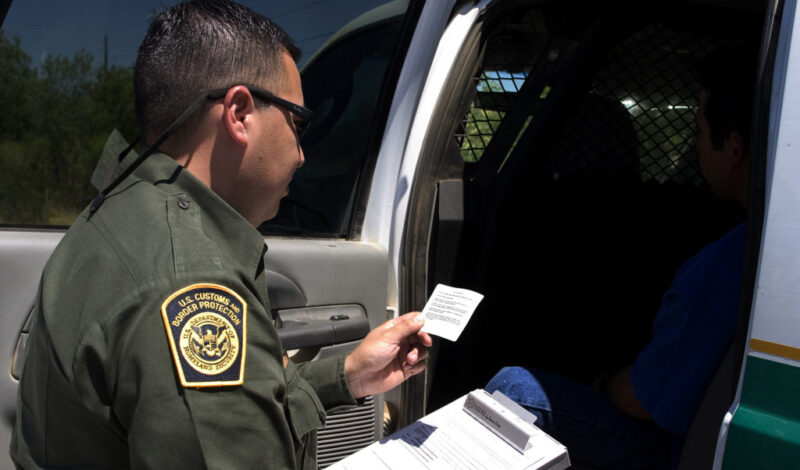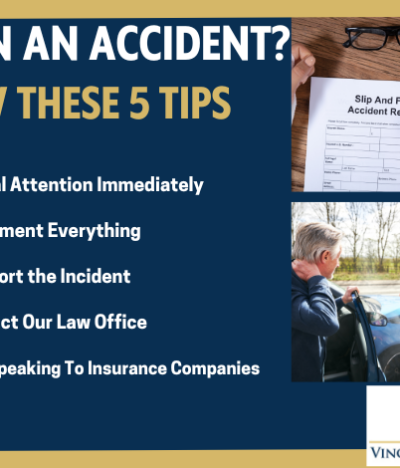“You have the right to remain silent” is a commonly known phrase, but where does it come from and what does it mean?
History
Miranda v. Arizona was decided on June 13th, 1966 by the Supreme Court of the United States. The Supreme Court ruled that the Fifth Amendment applies outside of criminal court proceedings and provided the right against self incrimination during any part of custodial interrogation.
When Miranda Warnings must be read.
It is mandatory for law enforcement personnel to read the Miranda Warnings to an any individual who they are holding in a custodial interrogation. This only applies to people who do not have the freedom to leave the questioning and that the questioning could lead to self incrimination. It is important to remember that an individual can be arrested without being given their Miranda Rights if the law enforcement officer did not ask any questions about the crime. Keep in mind, an officer can ask questions without reading the Miranda Warnings if the questions are about identification (name, age, date of birth, etc) or if the issue is in regards to public safety.
You have the right to remain silent.
This means that you have the right to not say anything during a custodial interrogation. The Fifth Amendment states that no one should be compelled to be a witness against themselves. Once a person states that they wish to remain silent, law enforcement must cease asking questions. Remaining silent is not an admission of guilt but it is a constitutional right.
Anything you say can and will be used against you in a court of law.
This means that any statements an individual says during questioning will be used against them in court. This is why it is important that the individual remains silent during questioning as to not intentionally or accidentally self incriminate themselves.
You have the right to an attorney.
This means that the individual has the right to counsel before answering any questions. This must be stated to law enforcement in a way that cannot be misconstrued. An individual must say something along the lines of:
- I wish to speak with my attorney.
- I will not answer any questions without my attorney.
- I refuse to speak with anyone without my attorney present.
If you cannot afford an attorney, one will be provided to you.
This means that you can either hire an experienced private defense attorney or have a public defender appointed to you. Typically, public defenders are only appointed to indigent defendants. Guidelines differ for Chester County, Montgomery County, Delaware County, and Philadelphia County
Do you understand these rights?
There are a few different ways to answer this question. An individual can say yes, no, or say nothing at all. If an individual says yes, it means that they understand their Miranda rights and should also notify the officer in what rights they wish to invoke, such as the right to remain silent and that they wish to have their attorney present. An individual may say no to this question and have the officer re-read the warnings or better explain each warning. If an individual does not say anything at all, it is implied that they are exercising their rights to remain silent. It is not a defense in court if an individual does not state yes or no to this question if the officer can prove that the rights were read to the individual prior to any questioning.
Contact an experienced attorney:
If you or someone you know were recently questioned by police in a custodial interrogation without being read their Miranda Rights first and have since been arrested or summonsed to court. You should also contact an attorney before answering any questions prior to, or during, a custodial interrogation so that your rights are not infringed upon. Please contact the Law Office of Vincent J. Caputo if you are in need of an attorney who is willing to fight to protect your Fifth Amendment rights! Your future. Our priority.








